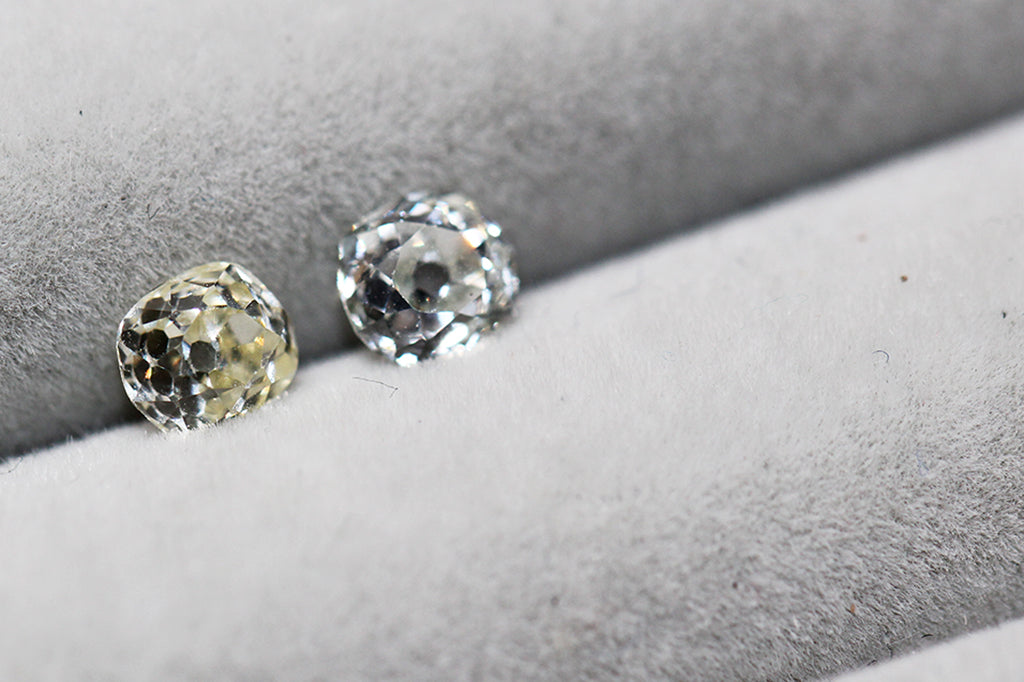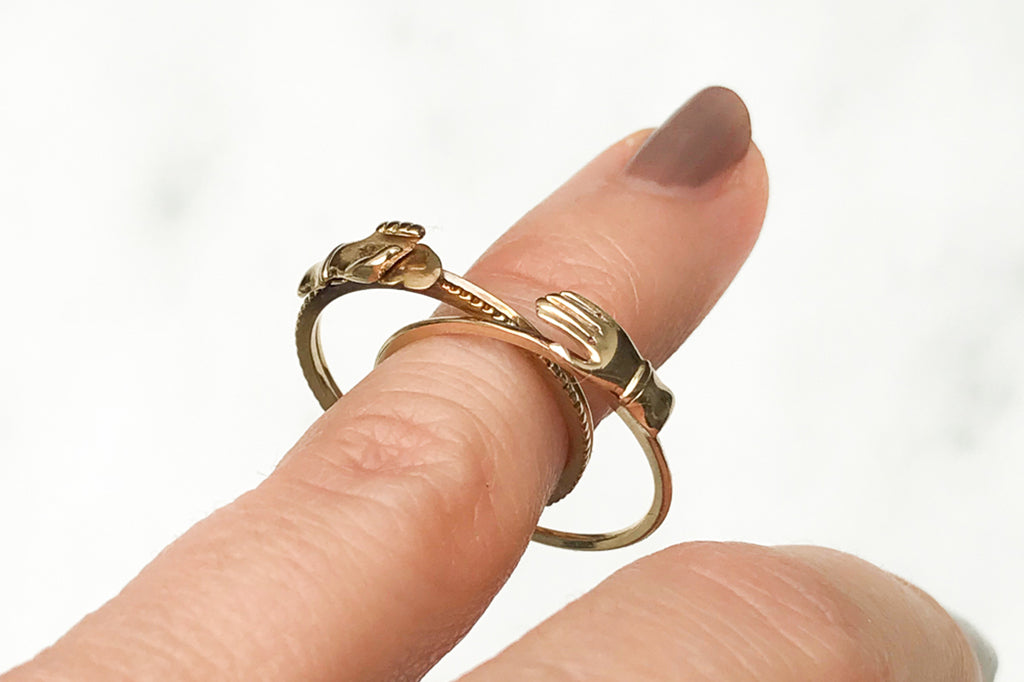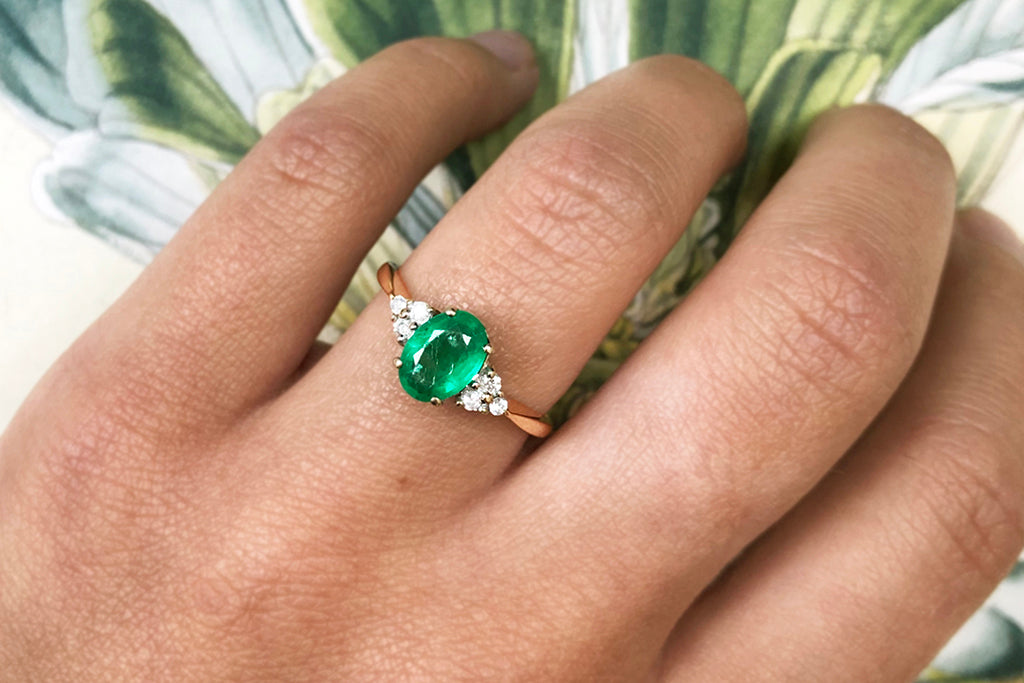
Everything you need to know about recycled diamonds
While the phrase “recycled diamonds” is a relatively new invention intended to engage the ethically minded shopper, breaking down old pieces of jewellery and reusing the precious metals and stones is nothing new.
After all, the British royal family has been doing it for centuries. Take Queen’s Mary’s Fringe tiara, which was made in 1919 and crafted from gold, silver, and diamonds recycled from another tiara given to her by Queen Victoria. For anyone who has been questioning the provenance of the gems they like to wear and looking for a more ethical substitute, recycled diamonds are preferable to a new diamond in every way. Let’s take a closer look at what, exactly, recycled diamonds are, why they are the most ethical alternative to a new diamond and, in a sea of new stones, how to hunt down a reclaimed diamond.
What are recycled diamonds?

Throughout history, old pieces of valuable jewellery have been re-worn by successive generations or dismantled and the gems reused when a style goes out of fashion. As the name implies, recycled diamonds are simply pre-owned diamonds that have been returned to the diamond supply chain – either as a loose stone or in a piece of jewellery that has previously been worn by someone else.
The benefits of recycled diamonds

Consumers are increasingly asking questions around the provenance of diamonds, which is unsurprising given the majority are mined in some of the poorest countries in the world. If this doesn’t sit easily with you, you’re not alone. The term “ethical diamonds” has been used and abused to sell jewellery for a long time now – just Google the phrase “jewellery green washing” – and the natural diamonds vs synthetic lab-grown diamonds debate continues to rage, with no clear winner.
One alternative that doesn’t get nearly enough attention is recycled diamonds, the benefits of which are manifold. Firstly, let’s consider the subject of circularity. In a circular economy, once the user is finished with a product, it goes back into the supply chain rather than ending up as landfill. Circularity in the jewellery industry is all about creating closed loops where both waste and new materials are minimised and existing materials are repurposed, repaired and recycled. As such, recycled diamonds fit the bill perfectly. With no new mining required, recycled diamonds have close to zero environmental impact, making them the most responsible jewellery purchase by a long way.
Circularity is not just about avoiding the need for further mining, however – it is also about sustaining legacies. Choosing a diamond that has been worn and loved before means that you will be continuing to write that stone’s story while wearing a little piece of history.
In terms of cost, recycled diamonds win hands-down too. A fraction of the cost of a newly mined diamond, at roughly 30% cheaper, recycled diamonds hit the sweet spot between sustainability and affordability.
Where can I buy a recycled diamond?

The only downside to recycled diamonds is that they are nowhere near as easy to obtain as new diamonds. Most diamond dealers don’t carry recycled diamonds, and those that do are passionate jewellery lovers who stock old-cut diamonds primarily for their uniqueness. We love old-cut diamonds at The Vintage Ring Company – they are what give many of our rings their antique charm (read more about old cut diamonds here), but if you are looking for a super-sparkly modern round brilliant cut diamond, the most popular choice for an engagement ring today, it will inevitably be more challenging to find one.
With demand for recycled diamonds slowly increasing, the good news is that it is getting easier to find modern diamond cuts that are available for reclaiming. Auction houses are a good place to look or better still, approach a jewellery designer you like and ask about the possibility of using a recycled diamond. In this day and age, most designers have at least one contact for reclaimed diamonds.


